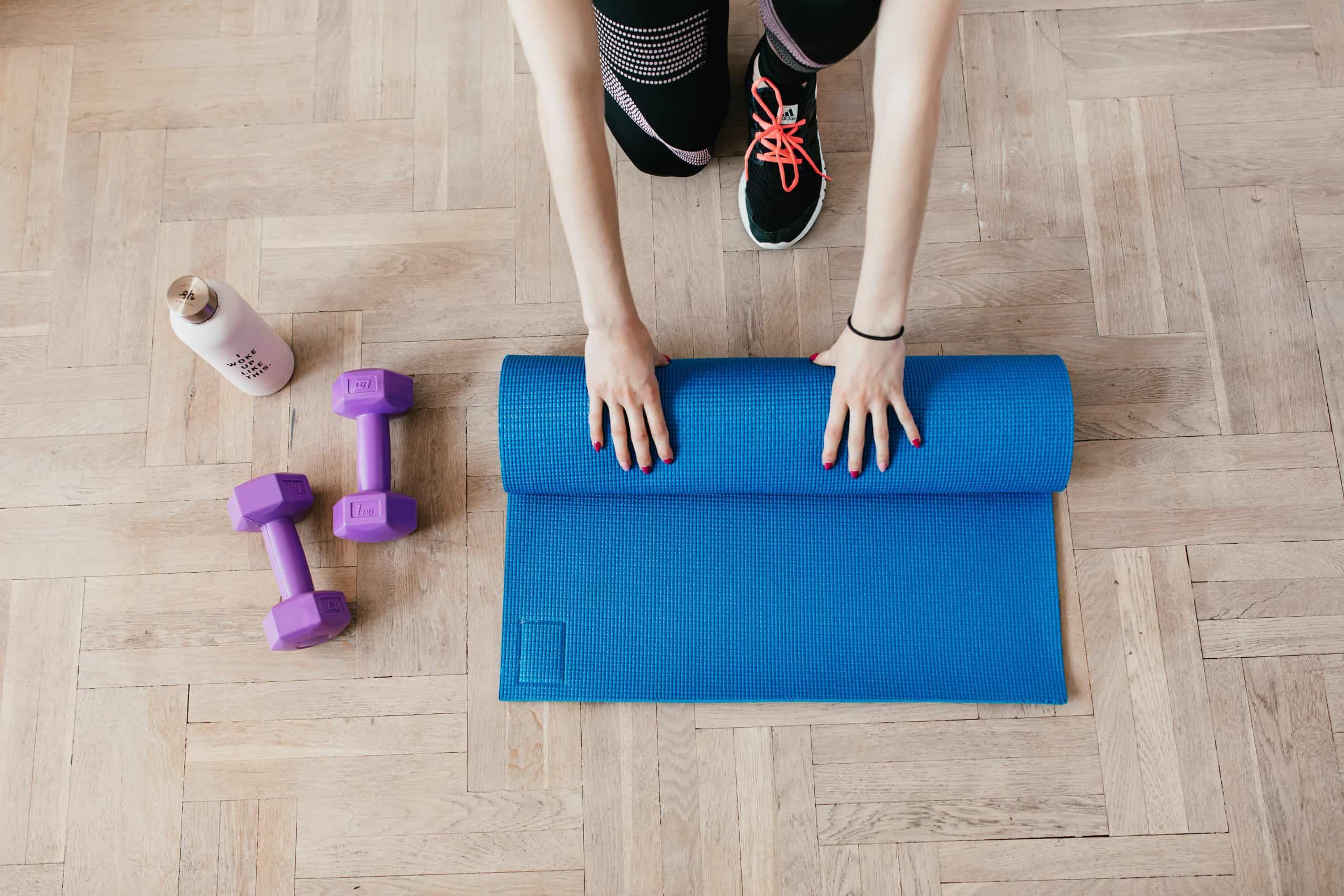You’ve worked hard to get yourself in shape and spent hours at the gym or running out on the road. You’ve seen your strength and speed increase and your waistline shrink. So why on earth would you ever want to take an extended break from your exercise routine? Because, my friends, it just might be the healthiest thing you can do at the moment. Here’s why.
Rest and Recuperation for the Body…
We all know that taking rest days as part of our regular exercise schedule is crucial to letting our bodies recover from the demands we place on them while working out. Sore and tight muscles can often lead to an injury, which is why a couple of days off each week are a vital part of staying healthy.
After a day off most of us get right back to the routine that helped us to get fit in the first place. Over time, however, that rigorous schedule can turn into a grind, slowly chipping away at our strength and stamina. That can lead to serious fatigue that simply can’t be overcome with a day off here and there.
But taking an extended break—not unlike what a pro athlete might have at the end of a long season—gives your body time to fully recover. It can allow exhausted muscles time to rest and give minor aches and pains a chance to heal too. Then when you do return to the gym, you’ll likely feel better than you have in a very long time.
…And the Mind Too!
Your body isn’t the only thing that needs time to rest and recover. An extended break from your workouts will be good for your mind as well. Sticking to a consistent workout schedule can be taxing on the brain, as it takes a lot of discipline, self-motivation, and will power just to get yourself to the gym or out the door for a run on a regular basis.
But if you give yourself permission to take an extended break from that process you may find that your mood is better, you’re not so tired, and you’re free to concentrate on other things. When you eventually start up your routine again, you won’t feel so mentally taxed and you’ll have a fresh new attitude and renewed levels of excitement.
Recover from—or prevent—injuries.
A lot of the injuries that we suffer while working out are due to the repetitive nature of exercise. Running five miles a day puts a lot of wear and tear on your feet and legs, for instance. Sometimes the only way to truly allow those types of injuries to heal—or to prevent them from happening at all—is to take a break for a while. Once again this will give your body time to repair itself. It will also take you out of the repetitive cycle that can often lead long-term injuries—if left untreated many of these could force you take an exercise break of an entirely different kind.
How long should the break be?
Now that you have some idea of the benefits of taking an extended break from your workout schedule, you’re probably wondering just how long that break should be. That is entirely up to you, but I’d recommend that any extend break be for at least a month. That should be enough time to let your body rest and allow minor injuries to heal. It’s also not so long that you’ll struggle to resume your workout schedule again.
For those who are truly exhausted or have more serious injuries to recover from, a longer break of three months or more may be in order. The more time you take, the better you are likely to feel—but the harder it will be to start back up again when you’re ready to return to your training. At that point you will no longer be fighting fatigue but inertia.
When you do decide it’s time to begin working out once more, be sure to start slowly and allow yourself a sufficient period to get back to your previous level of fitness. That will take some time and dedication, but you’ll be back to where you were before you know it.
Don’t go totally inactive.
It is also important to note that when you decide to take time off you shouldn’t allow yourself to become totally inactive. Instead of running, take regular walks. In lieu of going to the gym, stretch or take a yoga class. And be sure to keep eating a healthy diet and maintaining your weight. Remember: If you put on weight, you’ll just have to take it back off later, making things more difficult for yourself when you’re back in the gym.
The point of an extended break is to give your body a rest, but don’t backslide on the healthy lifestyle you’ve been living. Ultimately, the time you take off should allow you to return with renewed enthusiasm and more energy. Before you know it, you’ll be working out as hard as you were before, and your body will thank you for the rest you’ve given it.



